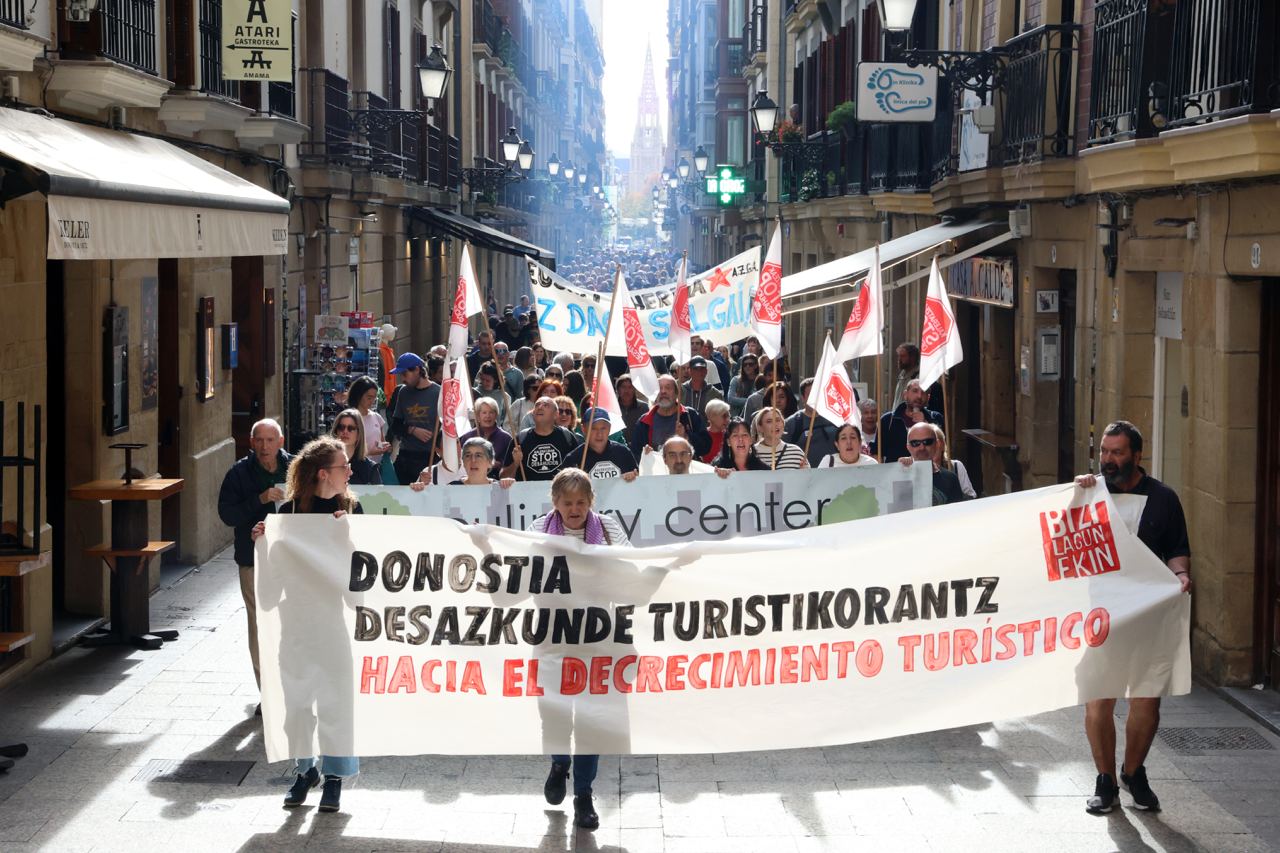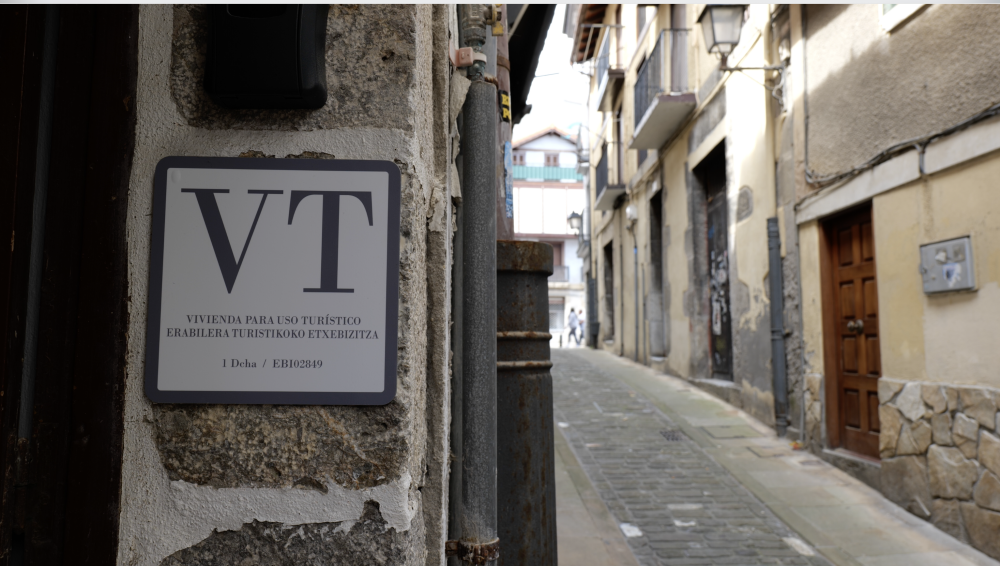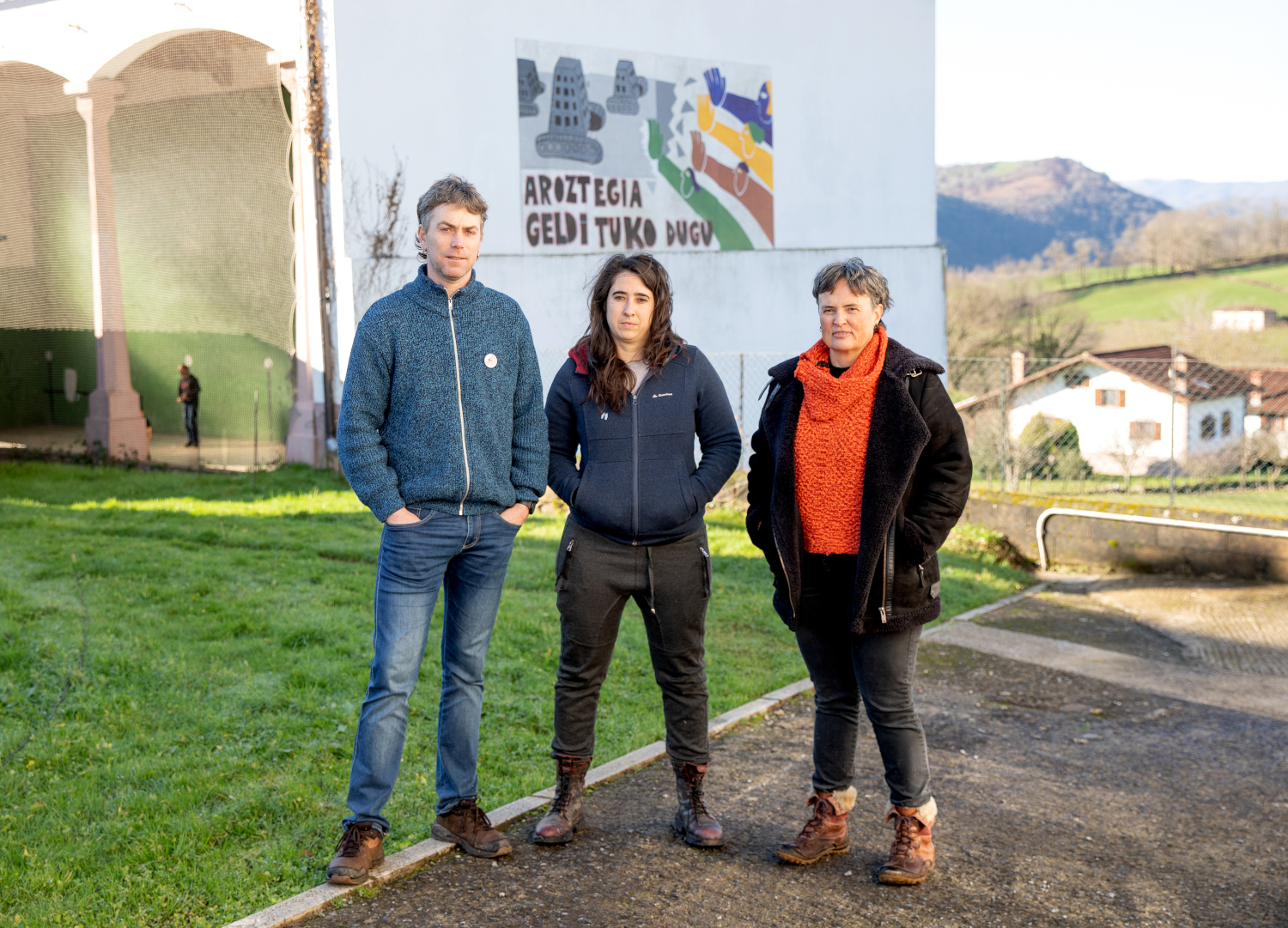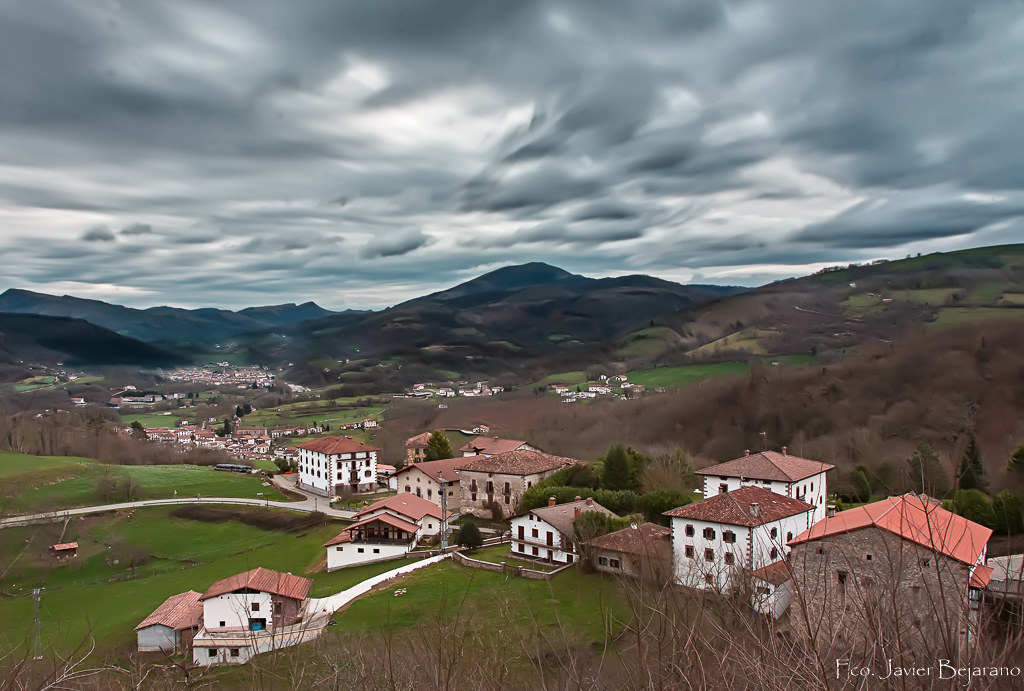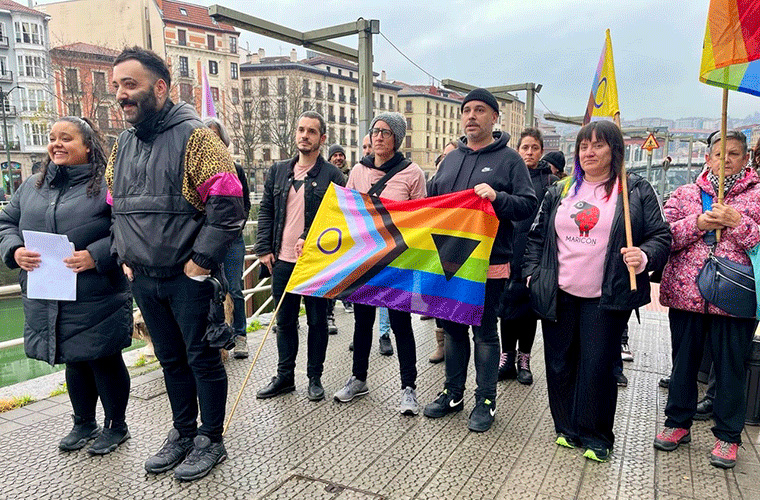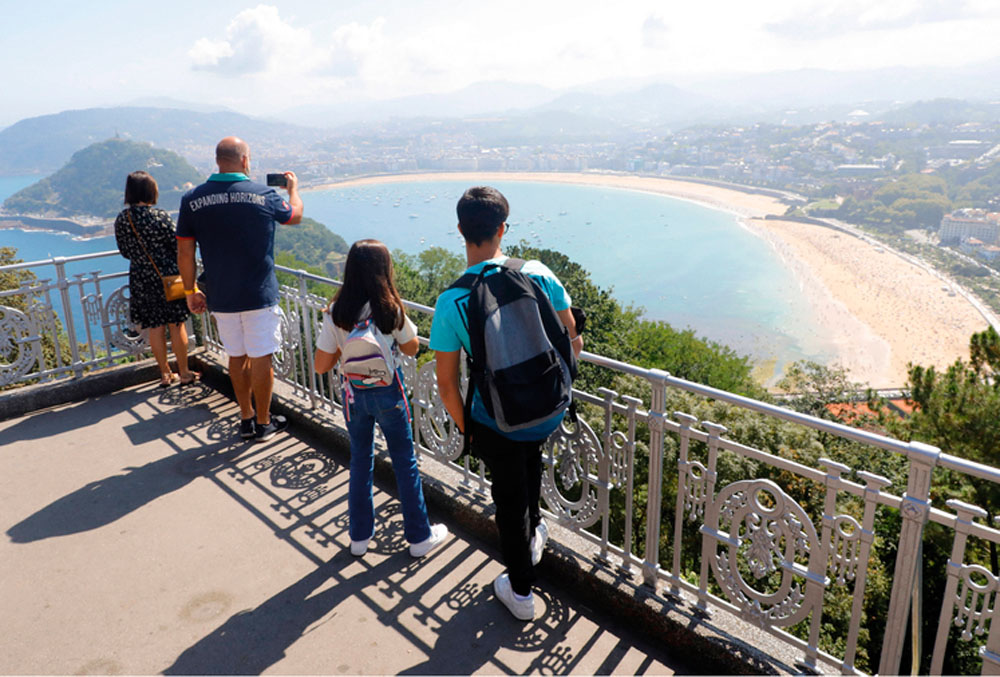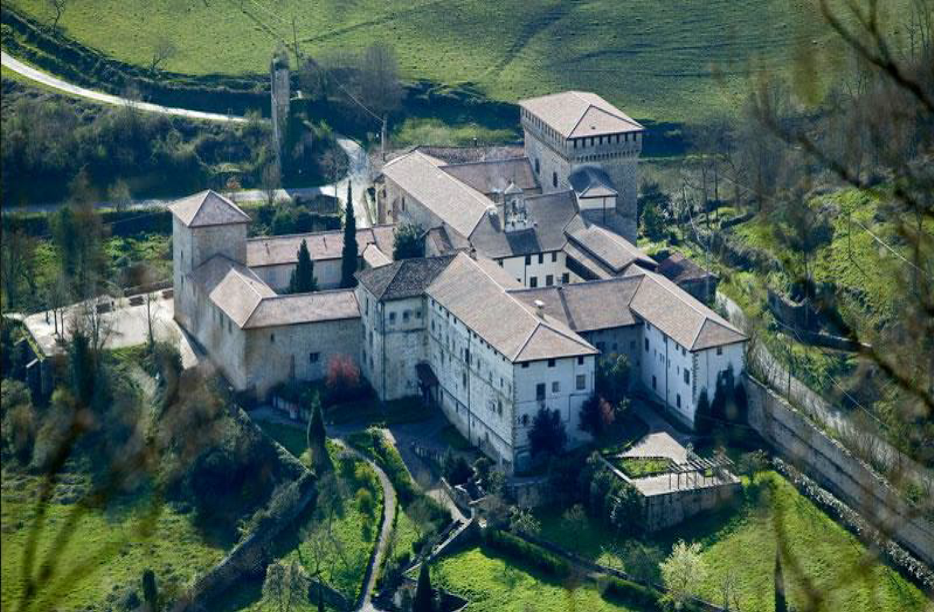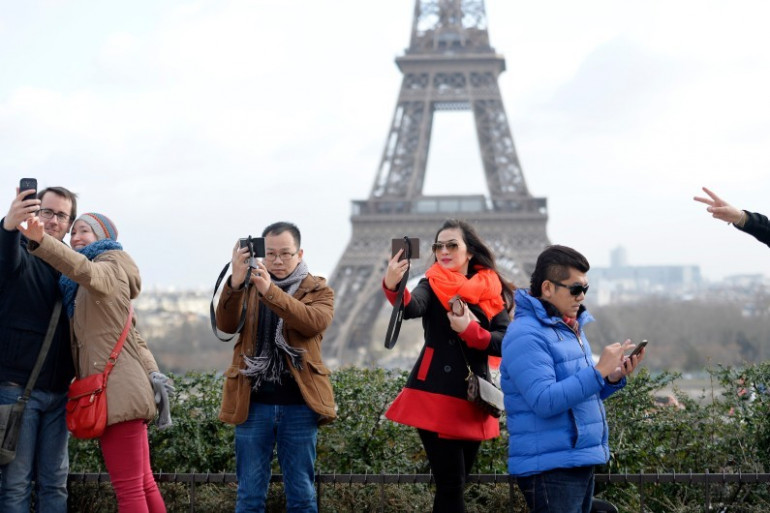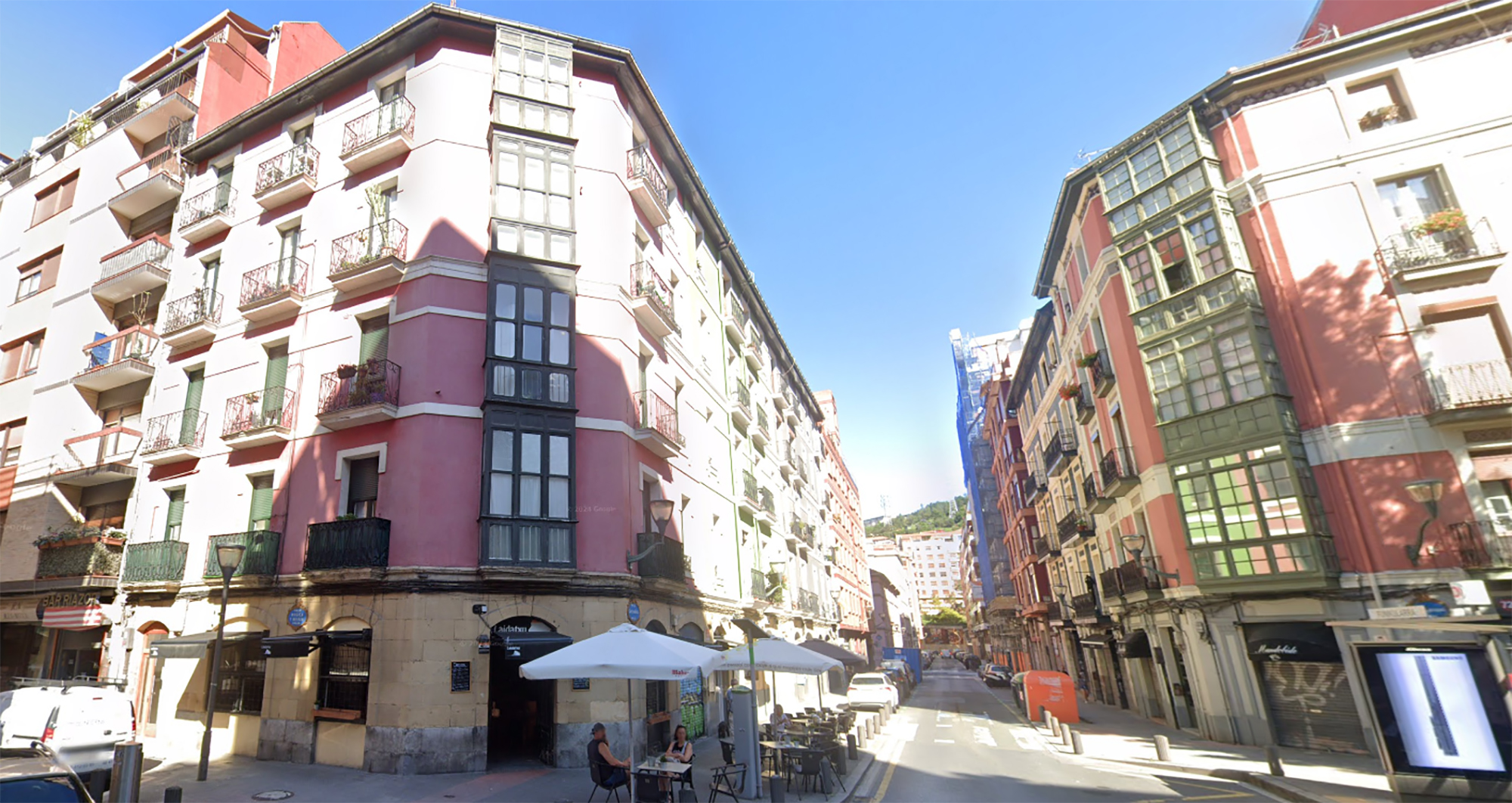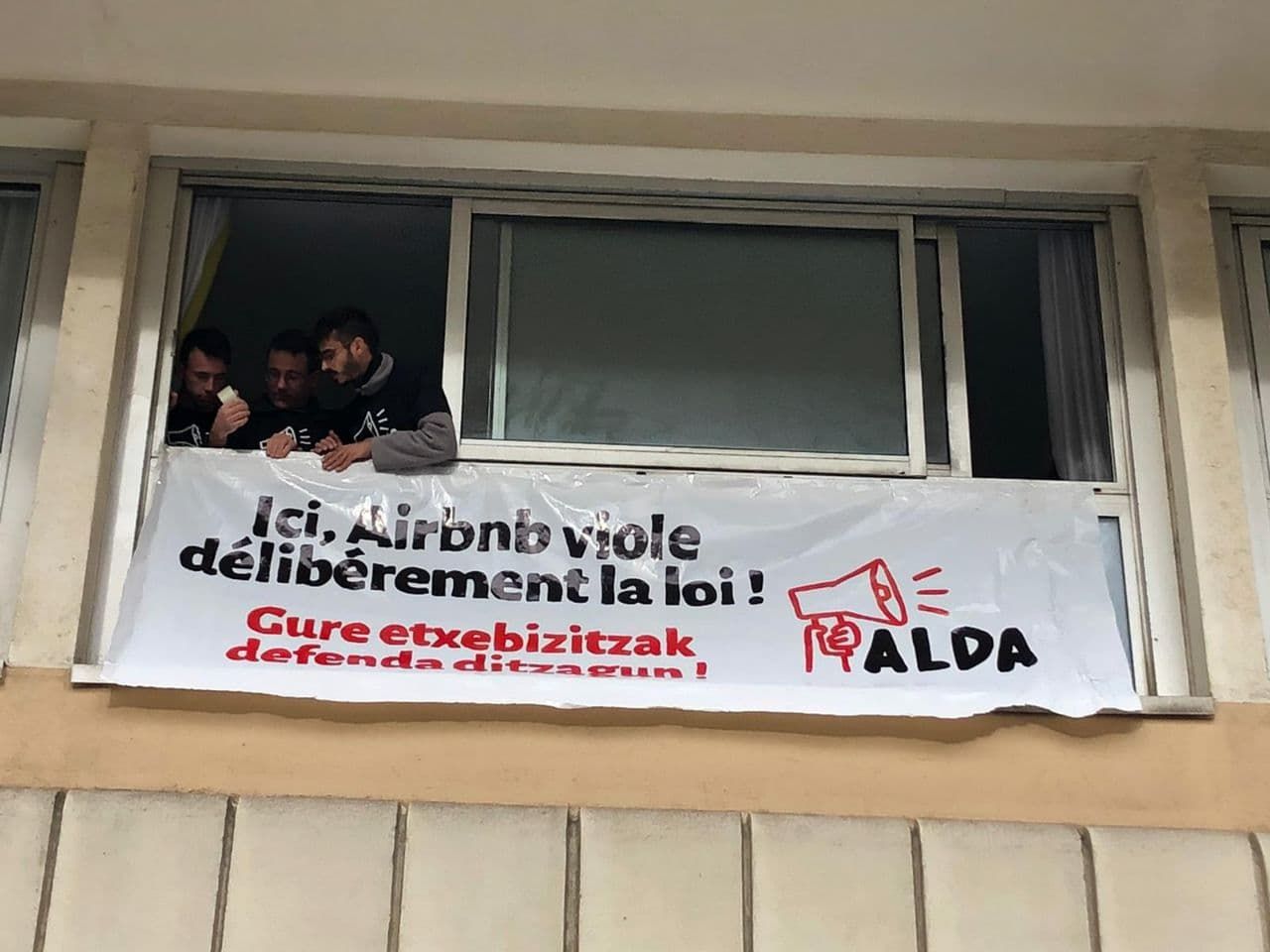BiziLagunEkin platform calls for a participatory upgrade of the Donostia-San Sebastian Tourism Plan
- The BiziLagunEkin platform has analysed the proposal to update the 2017-2021 Tourism Master Plan of the City of Donostia-San Sebastián. The plan defines the strategy of the city in the medium term and the platform considers that the final plan defining the tourism model of the city must be completed "among all the Donostiarras".

“Experience has shown us that the tourism model of the city has a decisive influence on the life of the city and its inhabitants. In addition, the central objective of this plan must be to seek the benefit of all Donostiarras, and not to continue feeding a devastating market that every day precarizes the life of the city,” they said. For all these reasons, they have asked the municipal government and the tourism department to: “That the new Tourism Master Plan that defines the tourism model of the city is based on a process of real participation; that the participation of citizens and social actors (neighborhood associations, socio-cultural and environmental groups, citizen platforms, etc.) is guaranteed. for the debate to be open, broad and rich, to deal radically with the issues that affect us all.”
Detail of the proposal
BiziLagunEkin has highlighted several passages in its proposed update: “The health emergency caused by COVID-19 has had a direct impact on the city’s economy and has hit especially the dynamics of the tourism sector. According to the document, the general suspension has led to a drastic decrease in travellers, overnight stays, places on offer and employment.”
On the other hand, the proposal states that “tourism must be of a systemic and transversal nature”. “Therefore, it can also be concluded that the impact of tourism on the city model and on the life of the Donostiarras is like this. The excessive growth of the sector in the last decade has led San Sebastian to take the course of monoculture tourism and to become the center of tourist activity. The outbreak of the crisis has shown that the current tourism model, which seeks short-term profitability, has great cracks.”
According to BiziLagunEkin, the proposal aims to “promote growth”, “despite the fact that in these times of uncertainty all the weaknesses of the current tourism model have been revealed”. “The city is understood as a product that adapts to the new needs of the market, proposing adaptations to gain competitiveness and attractiveness and using public resources to maintain an economic model that does not seek the benefit of all.”
They criticize that it covers the “negative effects” related to tourism: “Once again, we are committed to the private business that feeds inequalities, regardless of what it destroys along the way. In this sense, no reference is made to the harm that tourism generates in working conditions, equality, the housing market, the environment, language, and other aspects, as well as to the measures to deal with them”.
The proposal speaks of a participatory process. “This process provides for the participation of key people in the value chain of tourism in San Sebastian, public and private stakeholders or relevant tour operators. However, it is surprising that it has not received a single mention of the multiple socio-cultural associations that fuel the relations between the neighbors and neighbors of the city”, they denounced. In this way, the participation of “the agents who derive an economic benefit from tourism” is foreseen and “there are no channels for those who suffer the damage caused by the tourism activity to provide their opinion and contribution”.
Today’s Venice is built on an archipelago of 118 islands. These islands are connected by 455 bridges. The city is based on mud rather than Lura. Millions of trees in the area were cut down from the 9th century onwards to build piles and cement the city. Years have passed and... [+]
2020. urteko udaberrian lorategigintzak eta ortugintzak hartutako balioa gogoan, aisialdi aktibitate eta ingurune naturalarekin lotura gisa. Terraza eta etxeko loreontzietan hasitako ekintzak hiriko ortuen nekazaritzan jarraitu du, behin itxialdia bareturik. Historian zehar... [+]
Tasa edo zerga turistikoaren eztabaida urtetan luzatzen ari da, erakunde publikoetan ordezkaritza duten indar politikoen artean zabala den arren ezarri beharraren gaineko adostasuna. Eztabaidetako bat da zerga hori zein erakundek kobratuko duen: zenbait udalek (tartean... [+]
Ilbeltzeko igande goiz batez jo dugu Baztanera. Eguzkiak oraindik ez du Lekarozko plaza argitu; bertan elkartu gara Garbiñe Elizegi Narbarte, Itziar Torres Letona eta Ernesto Prat Urzainkirekin. Itzaletan hotz egiten du eta umorez goxatu dugu lehen agurra, hogei urtean... [+]
EHGAMek Axel hotelaren irregulartasunei jarritako helegitearen inguruko isiltasun administratiboaren ondoren, hotelaren itxiera eskatzen du eta hainbat eragileekin batera prentsaurrekoa eman dute.
Frantziako Estatuko diputatuak eta senatariak ados jarri dira. Orain arte, alokairu turistiko bat alokatzen zutenek etekinen %50 zergapetik kentzeko aukera zuten, urte osoko alokatzaileek, berriz, %30. Lege proposamenak biak hein berdinera ekarriko ditu, hots, %30era.









